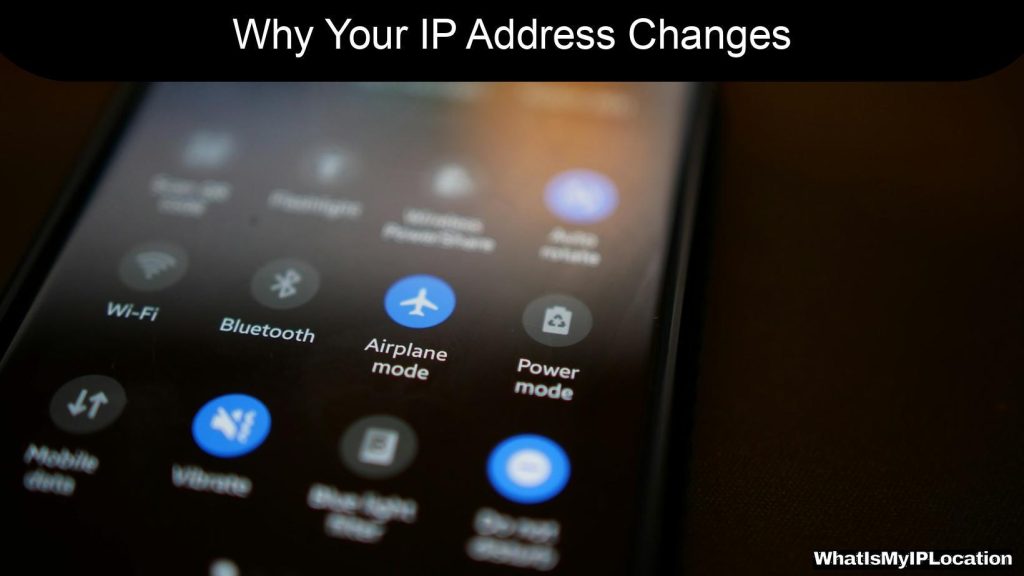Unusual slowdowns, unexpected pop-ups, and unfamiliar programs can indicate a compromised computer. Regularly check for unauthorized access and unusual network activity to stay secure.
In today’s digital world, our computers are like our second homes. We store personal info, work documents, and even our favorite cat videos on them. But what happens when that safe space gets invaded? Knowing the signs that your computer might be compromised is crucial. Let’s break it down so you can keep your digital life secure.
What Does It Mean to Be Compromised?
When we say a computer is compromised, we mean that someone unauthorized has gained access to it. This could be through malware, hacking, or even physical access. It’s like someone sneaking into your house and rummaging through your stuff. Not cool, right?
Common Signs Your Computer Is Compromised
1. Slow Performance
If your computer suddenly feels like it’s running through molasses, it might be a sign of trouble. A compromised system often struggles to keep up with basic tasks. You might notice:
- Programs taking forever to open
- Frequent crashes or freezes
- Unexplained slow internet speeds
2. Unfamiliar Programs or Files
Ever opened your computer and found apps or files you didn’t install? That’s a red flag! If you see anything that looks out of place, it’s worth investigating.
3. Pop-Up Ads Galore
We all hate those annoying pop-up ads, but if they’re showing up more than usual, it could mean your computer is infected with adware. This software can hijack your browsing experience and even track your online behavior.
4. Unusual Account Activity
If you notice strange activity on your online accounts—like emails you didn’t send or purchases you didn’t make—your computer might be compromised. Hackers can gain access to your accounts and use them for their own gain.
5. Antivirus Software Disabled
If your antivirus software suddenly turns off or won’t update, that’s a huge warning sign. Malware can disable your security measures to make it easier for them to operate undetected.
6. High Network Activity
If your internet is running slow, but you’re not streaming or downloading anything, check your network activity. You can use the Task Manager (on Windows) or Activity Monitor (on Mac) to see if any unknown programs are using your bandwidth.
7. Strange Browser Behavior
If your web browser starts acting weird—like redirecting you to strange sites or changing your homepage without your permission—your computer might be compromised. This could be a sign of a browser hijacker.
How to Check for Compromise
Run a Security Scan
The first step is to run a full security scan using your antivirus software. This can help identify and remove any malware lurking on your system. Make sure your antivirus is up to date for the best results.
Check Installed Programs
Go through your list of installed programs. If you see anything unfamiliar, do a quick online search to see if it’s legitimate. If not, uninstall it immediately.
Monitor Your Accounts
Keep an eye on your online accounts. If you notice anything suspicious, change your passwords right away. It’s also a good idea to enable two-factor authentication for an extra layer of security.
What to Do If You Suspect Compromise
Disconnect from the Internet
If you think your computer is compromised, the first thing to do is disconnect it from the internet. This can help prevent further damage and stop hackers from accessing your data.
Backup Important Files
Before you take any drastic measures, back up your important files. Use an external hard drive or a cloud service to save your data. Just make sure the backup is clean and free from malware.
Restore Your System
If you’re still having issues, consider restoring your system to an earlier point when it was working fine. This can help remove any malicious software that’s causing problems.
Seek Professional Help
If you’re not tech-savvy or the problem persists, it might be time to call in the pros. A computer technician can help diagnose and fix the issue, ensuring your system is secure.
Preventing Future Compromises
Keep Software Updated
One of the best ways to protect your computer is to keep your software up to date. This includes your operating system, antivirus, and any other programs you use. Updates often include security patches that fix vulnerabilities.
Use Strong Passwords
Make sure your passwords are strong and unique. Avoid using easily guessable information like birthdays or pet names. Consider using a password manager to keep track of your passwords securely.
Be Cautious with Downloads
Only download software from trusted sources. If you’re unsure about a program, do some research before installing it. And always read reviews!
Educate Yourself
Stay informed about the latest security threats and best practices. The more you know, the better you can protect yourself. Follow tech blogs, subscribe to security newsletters, or join online forums.
